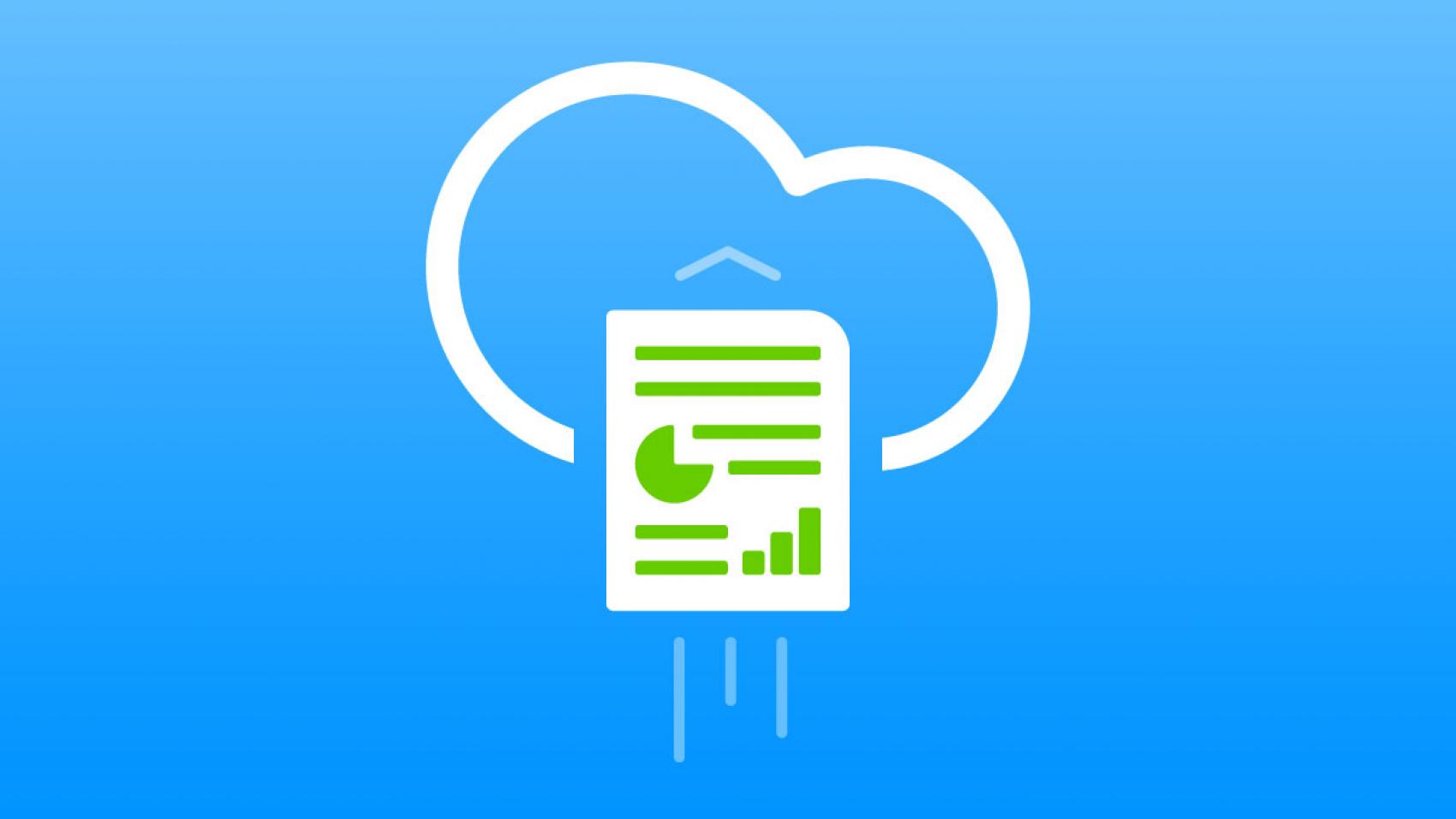Why financial reporting belongs in the cloud

If you are still thinking of the cloud as a lofty, futuristic concept, you are missing out on an enormous opportunity in financial reporting. The world of cloud-driven reporting is here, and it has real implications for financial professionals in all industries.
Financial reporting, whether for internal or external consumption, has long been one of the most challenging and costly processes for the modern finance function. End-to-end reporting embraces a large number of interwoven, complex, and time-consuming tasks, almost any of which has the capacity to disturb the smooth running of the process. As a veritable house of cards, failing to mind the details of a financial report can topple the end result.
Despite the high cost of the financial reporting process—an average of $1 million per year—the 2017 Future of Financial Reporting survey finds high levels of dissatisfaction with the procedure. For example, 61% of finance teams worry that they will not meet reporting deadlines, and 55% of the senior finance professionals surveyed worry that financial controls are not working. Even more concerning, 42 % cannot easily see the status of the reporting process at any point in time.
Gratefully, all of these concerns can be addressed through cloud technologies.
The cloud and financial reporting
Financial reporting has characteristics that make it uniquely exacting. One particularly demanding characteristic is its global implications. Communicating over enormous distances, across different cultures, between languages, and in different time zones presents a unique set of challenges to the corporate finance function. Often, the more remote the reporting unit is from the centre of the group, the more likely it is that process, technology, or personnel issues will jeopardise the efficiency of the close process. However, the cloud has the operational improvement capabilities to change all of that.
The generic advantages of cloud computing—the benefits for any online property in any industry—are well-documented. The host assumes all of the obligations of overseeing, managing, operating, and supporting the computing environment, as well as responsibility for securing the confidentiality and availability of user data. In marked contrast to traditional on-premise solutions, the user organisation does not need to retain dedicated technology infrastructure, such as server capacity or networks, or the in-house IT resources that usually accompany it.
The cloud subscription model also removes a layer of cost uncertainty. The ability to pay only for what you need allows organisations to avoid the high, fixed, and upfront costs of on-premise solutions and to align computing costs more sympathetically with growth as a company scales up.
How finance teams benefit from the shift
All of these advantages apply to financial reporting in the cloud, but the modern finance function stands to gain more than most from this shift. The near-infinite scalability, immediacy, and accessibility of the cloud means that every reporting entity can participate freely in the process. This provides all participants a complete, real-time picture of the status of reporting, including any potential bottlenecks and delays.
Finance teams no longer need to lose sleep over reporting deadlines. With a heightened level of visibility and collaboration—from data capture to filing, all in a secure environment—teams see an unparalleled capacity to understand the nature of delays and repair them. This, in turn, can form the basis of continual process improvement and innovation.
While these capabilities open doors, we are merely scratching the surface of the cloud's capabilities today. Its potential to elevate the collaborative capabilities of traditional business processes is exciting. Today, the discussion is no longer about whether or not you should move financial reporting to the cloud—embracing cloud financial reporting is clearly the smart choice—but about how to fully leverage its transformational qualities.
The Future of Financial Reporting Survey 2017
This global survey of CFOs explores the main challenges in financial reporting.

